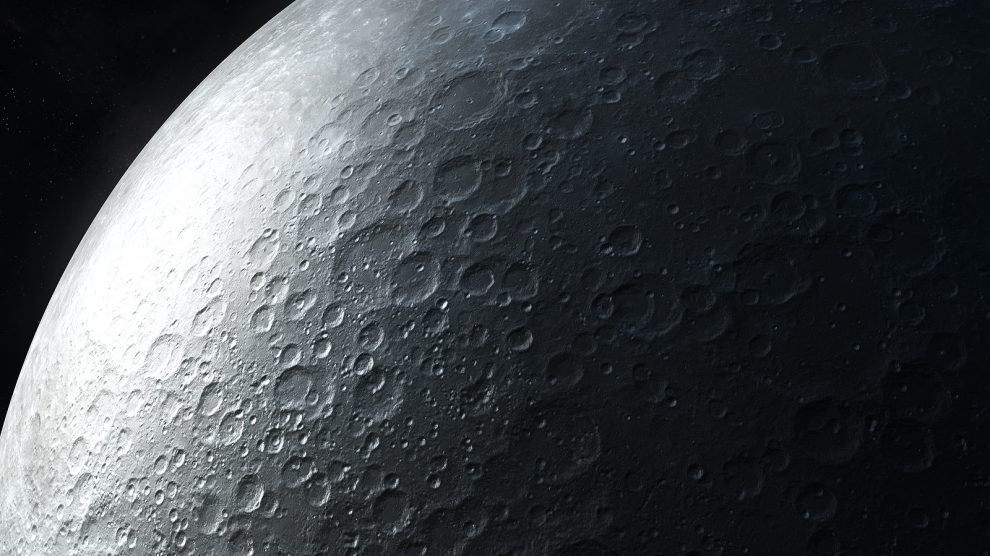The worst-case scenario for the European Union’s first Mars rover mission has been averted. However, this is the third time that the mission has been delayed. What does the European struggle to pass this and similar stress-tests suggest about the shortcomings of its strategic direction?
There currently seems to be a mismatch between Europe’s ambitions in space and its current ability to fulfil them.
This gap was obvious at the Space Tech Expo Europe 2022, where European Space Agency’s representative, Geraldine Naja, said that “Europe is already a very large space power” but also stressed the fact that the old continent “lacks autonomy and independence in some parts” to achieve its ambitious goals.
- Central and Eastern Europe’s spacetech start-ups are ready for launch
- Ukraine’s spacetech community unites in defence of the country
- What can hold the emerging European-Gulf Arab partnership together?
If Europe is serious about its desire to become a leading actor in space exploration, it needs to address these areas of concern. In practical terms, this translates into a comprehensive policy that addresses different challenges – issues of capabilities, interoperability and technological progress.
As it stands, the EU’s space policy seems would benefit from more adaptability, an issue which, in the short-term, could be addressed by some surgical interventions and, in the long-term, with more agile planning at the ESA and increased number of strategic partnerships.
Outsourcing to Russia is no longer an option
Take for instance the fundamental issue with space launchers. It goes without saying that space launchers are an indispensable building block for developing an autonomous and reliable capacity for long-term space endeavours.
Currently, the release of Ariane 6 – the expendable launch system designed for future European and internal missions – is suffering from delays. The same goes for Vega-C: a rocket developed by the ESA precisely to give more autonomy to European space agencies. Add current geopolitical developments to the mix, and one will understand that outsourcing similar issues to the Russians is no longer an option for the ESA.
Moon exploration is but a key example of the European delay in space policies compared to other countries. For the time being, Europe has not managed to land a single lunar rover on the moon, nor has it planned to do so. A similar undertaking is a complicated endeavour that requires long-term commitments and serves as an overarching stress-test for any space policy.
It is quite telling that, as of today, only the US, Russia and China have managed to operate these rovers on the moon. This is reminiscent of the Cold War dynamics when the space race was dominated by geopolitical competition of great powers.

A more complex space race
In fact, the space race today is much more complex. We can observe many more players, including private entities such as Space X or ambitious agencies from relatively small countries like the United Arab Emirates.
For instance, the UAE managed to get a spacecraft to Mars on the first try in 2021, which continues to probe unexplored mysteries of Martian climate for the benefit of the global scientific community. Its space agency, Mohammed Bin Rashid Space Centre, managed to pull it off despite all the challenges posed by the pandemic.
It did not stop there: as recently as this month, UAE launched a first lunar rover, which is expected to land on the Moon in April next year. There is a reason for optimism as the Mars programme not only cemented UAE’s capacities in the space sector, but also upskilled and inspired science and technology communities in the country for generations.
This further testifies to another reality associated with today’s space race: the role that high-tech future industries will play in facing the main challenges of our times, climate change in primis.
A 17 per cent boost to the ESA’s budget, which was announced during the agency’s ministerial meeting in November, is an unprecedented step in the right direction. It will undoubtedly reinforce the autonomy, leadership and durability of the European space sector.
When it comes to EU’s Open Strategic Autonomy, however, the EU should not forget what that “open” next to “strategic autonomy” stands for. That is to say that Europe should actively pursue various opportunities of cooperation as opposed to a revamp of the Cold War spirit of short-sighted self-reliance.
The EU must leverage its market role to be not only a driver for research and innovation, but also a financial partner for global space undertakings that share our mindset and values. There are plenty of opportunities for cooperation with, for instance, Space X’s Starlink and Amazon’s Kuiper.
Against such a dynamic backdrop, the EU must treat space race as an opportunity to significantly boost its capabilities not only with respect to space endeavours, but also within science and technology communities at large.
Unlike many news and information platforms, Emerging Europe is free to read, and always will be. There is no paywall here. We are independent, not affiliated with nor representing any political party or business organisation. We want the very best for emerging Europe, nothing more, nothing less. Your support will help us continue to spread the word about this amazing region.
You can contribute here. Thank you.


